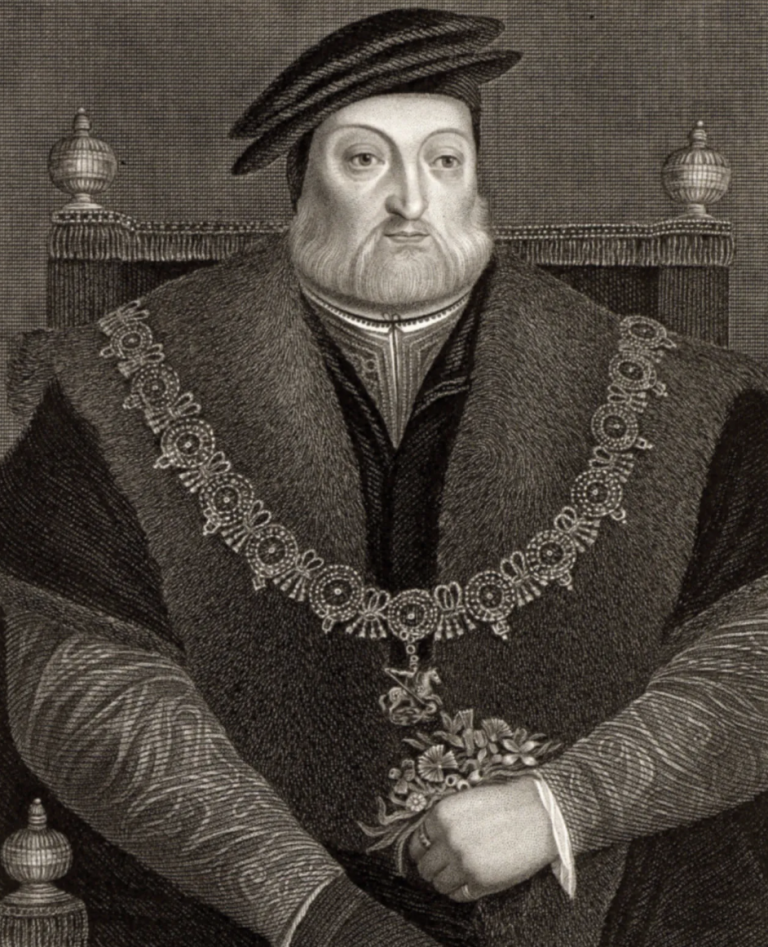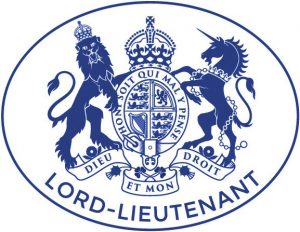History of the Lieutenancy
The Office of Lord-Lieutenant is steeped in history. The office had its origins in the needs of the Tudor monarchs to strengthen their military forces against possible invasion from France or Spain and to guard against internal revolt. Lieutenants were first created by Henry VIII in 1545 to muster the county militias for the defence of the realm. They had powers to lead the militia in the field and to raise forces locally. The Lord-Lieutenant’s role was literally to ‘stand in’ for The King, in the battlefield and elsewhere. Important parts of the role were to act as an unpaid recruiting sergeant for The King and to play a major part in keeping law and order by both appointing and managing magistrates. The Lord-Lieutenant was also responsible for looking after state documents in his county and informing The King of what was going on. From 1569 Lord-Lieutenants could appoint Deputy Lieutenants to assist them in this role. However it was not until 1586 when Queen Elizabeth I, in the light of invasion threats from Spain, appointed Lord-Lieutenants more widely. By the time the Spanish Armada arrived on our shores in 1588, Lord-Lieutenants had been appointed in almost every county.

The first Lord-Lieutenant of Berkshire – and indeed of 11 other counties in the South of England – was Charles Brandon, Duke of Suffolk, a brother-in-law of Henry VIII. Unfortunately he survived his appointment by only two months and is buried in St. George’s Chapel, Windsor.
The role of the Napoleonic Wars at the end of the eighteenth and beginning of the nineteenth century saw the last high point of militia activity in Berkshire – in 1792 the Berkshire militia was called out for home defence and in subsequent years they helped to defend the south coast of England, playing a role until the defeat of Napoleon in 1815. Thereafter the military role of Lord-Lieutenants subsided until control of the militia, yeomanry and voluntary forces was removed from the Lord-Lieutenants in 1871; in 1921 they finally lost the power to raise any sort of local force.
Surviving aspects of the Lord-Lieutenant’s historic role
Aspects of the historic work of Lord-Lieutenants have survived through to their present-day role:
- They are The King’s representative in the county, and from that flows much of what they do – including as necessary acting as his eyes and ears.
- Links with the military remain strong and important – mainly in an ambassadorial role, but in particular strongly supporting the reserve and cadet forces and major military bases in the county.
- The Thames Valley Recruitment Advisory Committee is chaired by the Lord-Lieutenants of Berkshire, Buckinghamshire and Oxfordshire and is responsible for the recruitment and selection of magistrates in Thames Valley to the Adult Benches and Family Panels.
Find out more about the history of the Berkshire Lieutenancy in The Lord-Lieutenants of Berkshire 1545-2023 by Dr Peter Durrant MBE DL.
